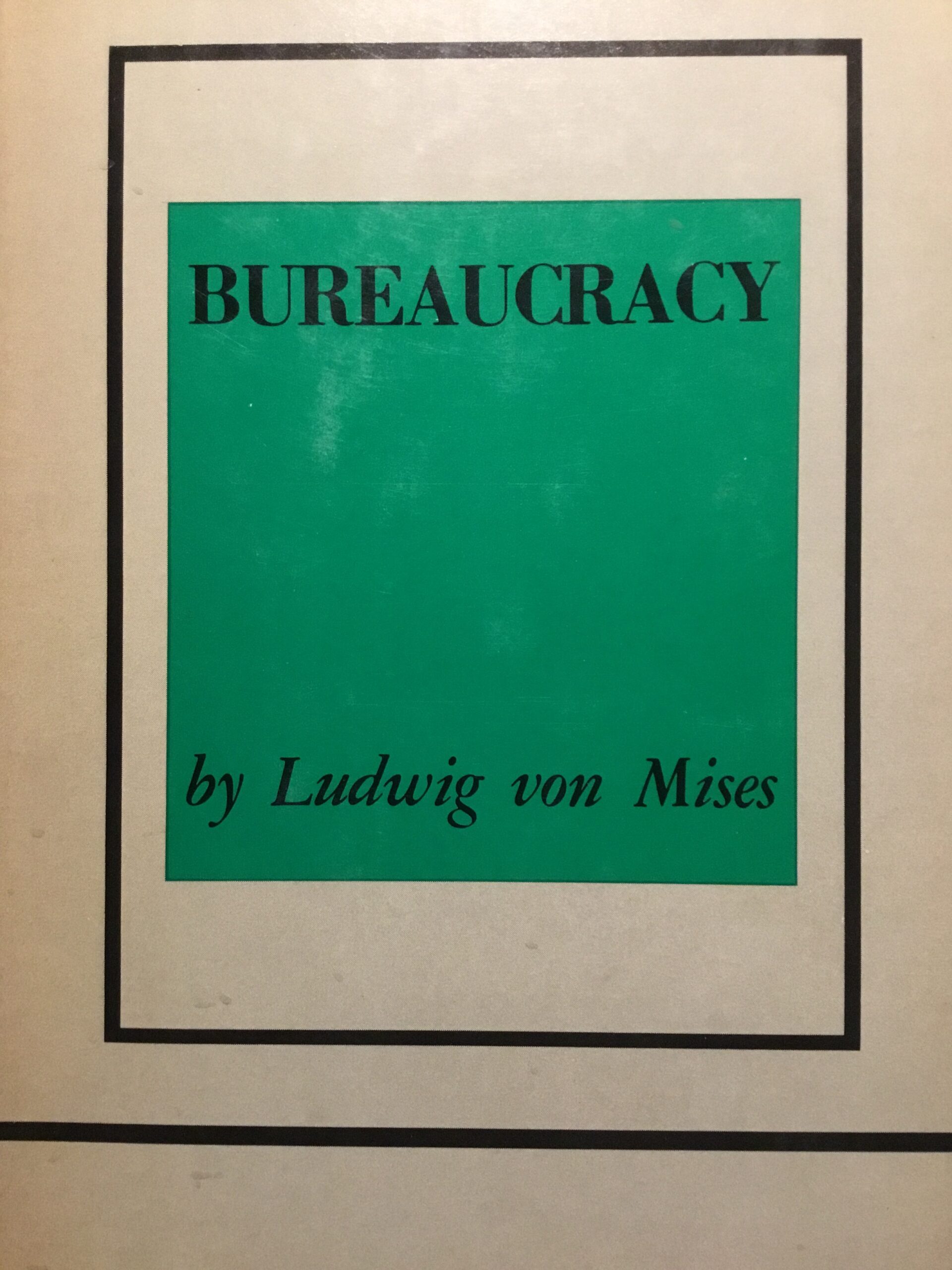Opinion
The Dangers of Blindly Trusting Expert Bureaucracy: Lessons from History and Present Day

In a thought-provoking analysis, Gary Beatty delves into the inherent dangers of unquestionably trusting expert bureaucrats. Drawing parallels to historical events and modern-day scenarios, the narrative unfolds to reveal critical insights into the pitfalls of blind faith in bureaucratic expertise.
Friedrich Meinecke, a German history professor, postulated that the emergence of the Nazis was partly attributed to an excessive trust in technical expertise combined with an ethical detachment among the educated elites. Niall Ferguson‘s recounting of Meinecke’s views sheds light on how this belief in bureaucratic infallibility can lead to grave consequences.
Meinecke’s cautionary tale serves as a stark reminder of the perils of placing absolute trust in the knowledge and judgment of bureaucratic elites. The intersection of superior technical proficiency with a sense of moral superiority can pave the way for ethical compromises that defy logic and humanity.
Georg Wilhelm Friedrich Hegel, a renowned philosopher, advocated for the subjugation of individuals to governmental authority as the pinnacle of societal progress. His philosophy, though rooted in a different era, echoes the sentiments of modern-day bureaucratic elitism that prioritize expertise over ethical considerations.
The chilling example of the Wannsee conference, where highly educated bureaucrats formalized the ‘final solution to the Jewish question,’ serves as a stark reminder of the dangers of unchecked bureaucratic power. The nexus between intellectual arrogance and moral erosion culminated in atrocities that reverberate through history.
The Fabian Society, an intellectual enclave in 19th century London, exemplifies how elite intellectuals can harbor grandiose visions of reshaping society through bureaucratic means. Their ambitions, rooted in a sense of superiority, mirror the tendencies of contemporary bureaucratic establishments.
Dr. Anthony Fauci’s role in guiding government responses to the COVID-19 pandemic underscores the fallibility of expert advice. Contrary to the perception of omniscient expertise, the shortcomings in pandemic management highlight the risks of blindly following bureaucratic directives.
In a world where bureaucratic expertise is often deified, Gary Beatty’s exploration serves as a poignant reminder of the need for critical evaluation and accountability in governance. The lessons from history and current events underscore the imperative of challenging bureaucratic orthodoxy and upholding ethical standards above technical prowess.












